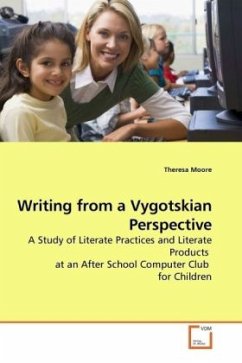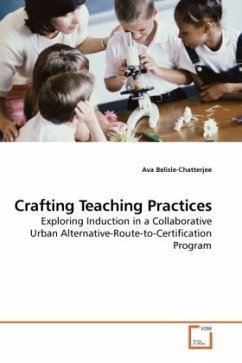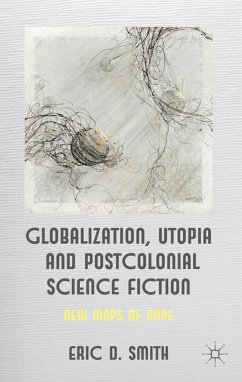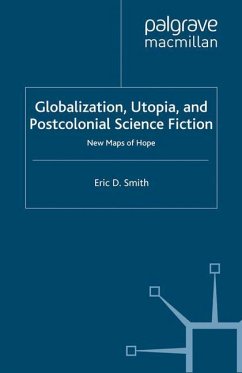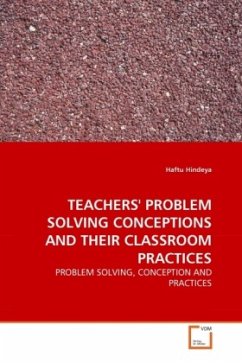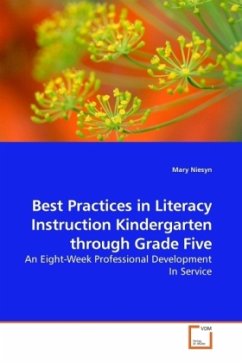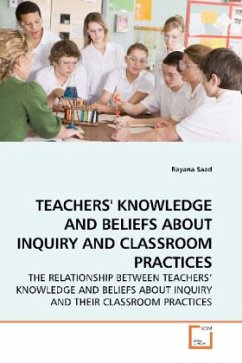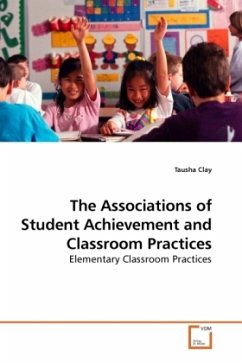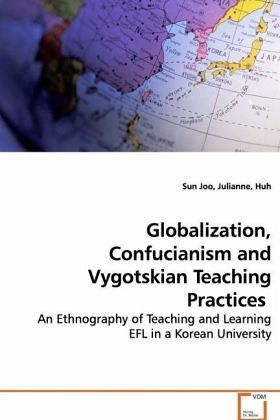
Globalization, Confucianism and Vygotskian Teaching Practices
An Ethnography of Teaching and Learning EFL in a Korean University
Versandkostenfrei!
Versandfertig in 6-10 Tagen
52,99 €
inkl. MwSt.

PAYBACK Punkte
26 °P sammeln!
This ethnographic study examines how students learn English through classroom experiences that challenge their current confucian cultural practices. In particular, I examine how learning language through activities affects students learning English as a foreign language (EFL) in a Korean university. It is based on the assumption, that learners have knowledge and use what they know to learn when presented with conflicting cultural models of learning. Because of globalization of English instruction, traditional Confucian values now co-exist in many Asian university EFL classrooms. My theoretical...
This ethnographic study examines how students learn
English through classroom experiences that challenge
their current confucian cultural practices. In
particular, I examine how learning language through
activities affects students learning English as a
foreign language (EFL) in a Korean university. It is
based on the assumption, that learners have
knowledge and use what they know to learn when
presented with conflicting cultural models of
learning. Because of globalization of English
instruction, traditional Confucian values now co-
exist in many Asian university EFL classrooms. My
theoretical framework to explore these issues in
Korea includes an examination of English language
education policies through effect of globalization
in Korean education, Confucianism and Vygotskian
theories on language learners.
English through classroom experiences that challenge
their current confucian cultural practices. In
particular, I examine how learning language through
activities affects students learning English as a
foreign language (EFL) in a Korean university. It is
based on the assumption, that learners have
knowledge and use what they know to learn when
presented with conflicting cultural models of
learning. Because of globalization of English
instruction, traditional Confucian values now co-
exist in many Asian university EFL classrooms. My
theoretical framework to explore these issues in
Korea includes an examination of English language
education policies through effect of globalization
in Korean education, Confucianism and Vygotskian
theories on language learners.



